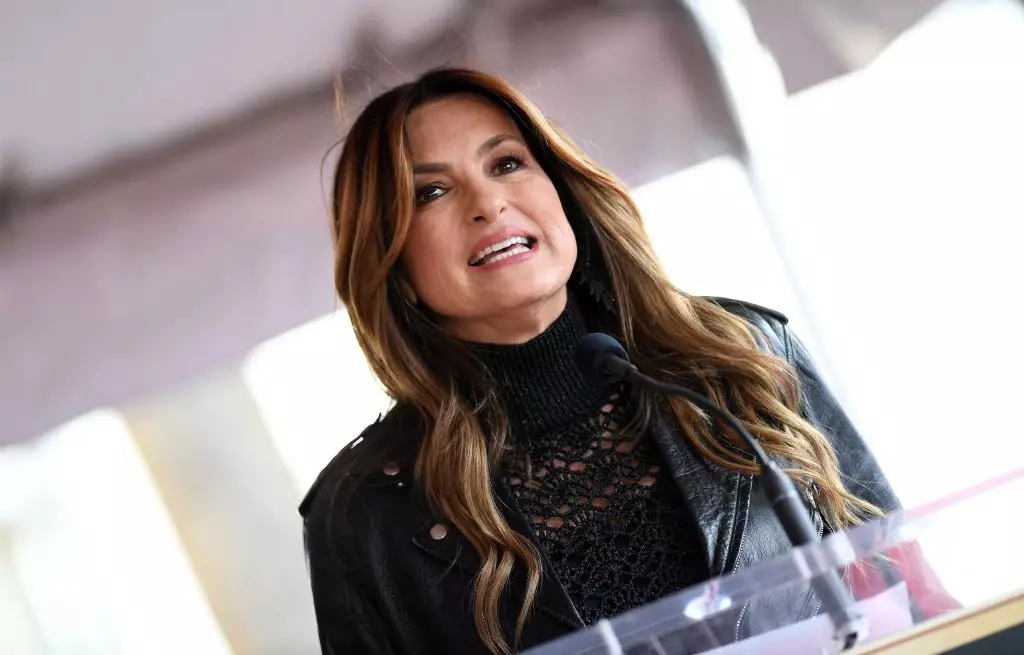Mariska Hargitay, known for her role as Olivia Benson on Law & Order: Special Victims Unit, recently accepted an Anniversary Tribute honor at the inaugural Gotham TV Awards. Throughout her acceptance speech, Hargitay highlighted the significant impact that the series has had on its viewers over the past 25 seasons. Despite appearing in an impressive 550 episodes, she emphasized that she does not take the opportunity for granted.
One of the key points that Hargitay brought up during her speech was the importance of the show in making people feel less alone. She discussed the devastating effects of sexual assault and domestic violence, specifically mentioning the isolation that victims often experience. By portraying these stories on screen, Law & Order: SVU helps combat the sense of isolation that perpetrators rely on to commit their crimes.
Hargitay praised the show for being a platform that tells the stories of survivors, particularly those of women and individuals across the gender spectrum. She expressed her admiration for her character Olivia Benson, who embodies a mix of outrage, compassion, strength, and vulnerability. Through the show, Hargitay emphasized the message to survivors that their stories matter and will be shared with the world.
Shining a Light on Important Topics
Law & Order: SVU has been pivotal in bringing discussions around sexual assault and domestic violence into the spotlight. Hargitay pointed out that the show’s goal is to move these difficult topics out of the darkness and into the light, creating a space where healing can begin. By telling these stories, the series aims to encourage conversations and ultimately promote healing for victims.
Mariska Hargitay’s reflections on Law & Order: SVU highlight the show’s unique mission of empowering survivors and shedding light on important social issues. Through her portrayal of Olivia Benson, she has helped create a platform for diverse stories to be told and for important conversations to take place. As the show continues into its 26th season, its impact on raising awareness and advocating for social change remains as crucial as ever.

